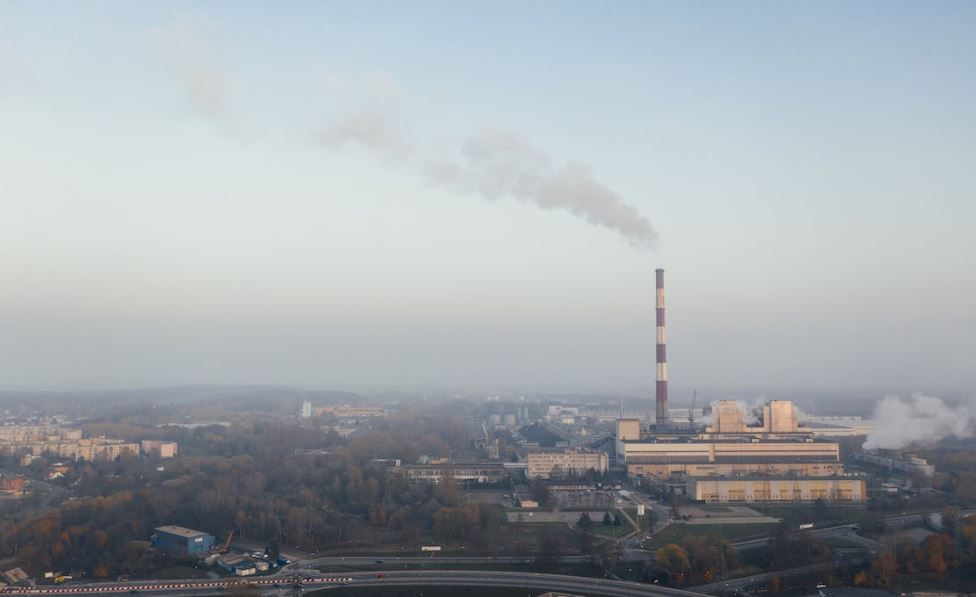Canada-based startup SynBioBlox is using synthetic biology – a way of engineering living cells that can convert greenhouse gases into useful products like sustainable jet fuel – to tackle the issue of GHG emission and mitigation.
Thanks to advances in molecular biology, scientists can now use gene-editing technology like CRISPr to make these organisms more efficient at this, or even create new types of cells that are purpose-built to absorb greenhouse gases and release beneficial substances.
The team behind SynBioBlox made this kind of innovation much easier by creating the BioConversion Databank Foundation (BioDF) in 2019 – a non-profit databank that puts genetic sequencing data in one convenient place for researchers.
With support from the University of Alberta and Alberta Innovates, the BioDF/SynBioBlox team then took things a step further by creating MaximizerTM: a free, user-friendly open research portal for synthetic biology, which provides easy access to quality data, expertise, and analytical tools. Using artificial intelligence and machine learning to scale this process for commercial development, they are rapidly expanding possibilities for a bio-manufacturing economy.
“This process is revolutionary in tackling the climate change crisis. We are bio-industrializing mother nature by taking organisms that already love to do the process we need them to do, and ramping it up. With the BioDF and MaximizerTM, we can now turn the process on its head and quickly identify the specifications we need and find, modify, or create the organism to do it, instead of having to go through all the work to discover what an organism does and hope we can find an application for it. Our goal is to be a world leader in generating wealth through the application of synthetic biology to organisms using greenhouse gases as an input,” says John McDougall, CEO, SynBioBlox.
SynBioBlox’s first major project is the development of SAF produced directly from methane. With the aviation sector generating 3.5% of global greenhouse gas effects, this cleaner and energy-dense jet fuel, named Active X, would drastically reduce atmospheric emissions and the net carbon footprint of air travel. Additionally, the use of unrecovered emissions to create the fuel would reduce costs by 80% compared to creating traditional jet fuel.






